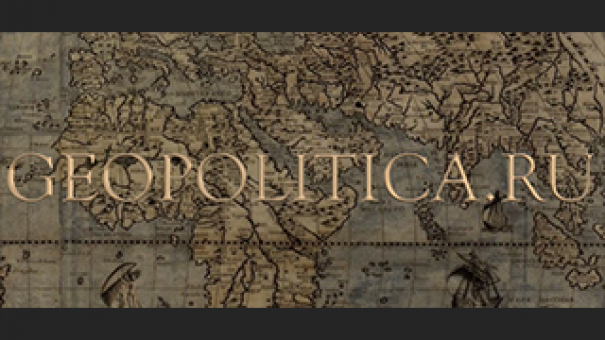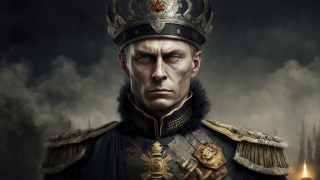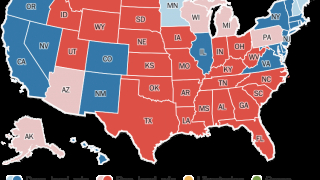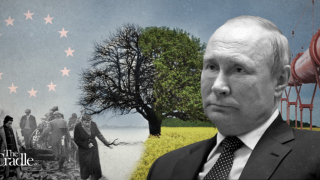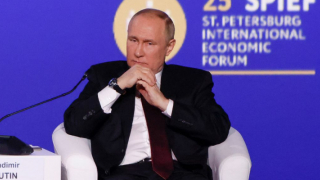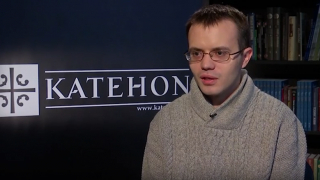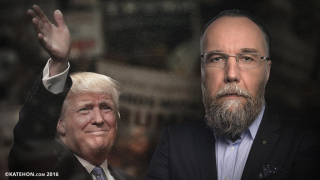US Establishment tries to blame DNC Leaks on Russia
This weekend we once again got confirmation that any time the generic narrative spectacularly falls apart, and the "establishment" is caught with its pants down (or, in the case of the DNC, engaging in borderline election fraud leading to what the FT just described as "Democrats in turmoil") what does it do? Why blame Putin of course, and more specifically his "useful idiots", and hope the whole thing blows over quickly.
As the Federal Bureau of Investigation (FBI) launches an investigation into the massive email leak that has rocked the Democratic party and forced the ouster of Democratic National Committee (DNC) chairwoman Debbie Wasserman Schultz, many are cautioning that early speculation about Russian involvement distracts from the real issue—what’s in the emails.
Over the weekend, Hillary Clinton’s campaign accused Russia of stealing the files and releasing them to WikiLeaks, which published the cache, to sabotage her run for the White House. As Common Dreams reported last week, the hack showed the DNC had undermined Bernie Sanders’ presidential campaign from the beginning.
Clinton campaign manager Robby Mook said in an interview with CNN‘s Jake Tapper on Sunday, “experts are telling us that Russian state actors broke into the DNC, stole these emails, and other experts are now saying that they are—the Russians are releasing these emails for the purpose of actually helping Donald Trump.”
But as WikiLeaks founder Julian Assange told Democracy Now! on Monday, that claim may be spurious. Assange said:
Well, what’s not in that clip there by Robby is that, just afterwards, he was asked by Jake Tapper, “Who are these experts? Can you name them?” The answer was no, a refusal to name the experts. But we have seen one of the experts, so-called experts, that the Democratic Party is trying to base its incredible conspiracy theory on about WikiLeaks. And that is this—what we jokingly refer to as the NSA dick pic guy. He’s a former National Security Agency agent who started to produce conspiracy theories about us in 2013, when we were involved in the Edward Snowden rescue, as a means to try and undermine the Snowden publications, subsequently embroiled in some amateur pornography scandal. That’s why they don’t want to name their experts, because they are people like this.
[….] And the DNC has been hacked dozens and dozens of times. Even according to its own reports, it had been hacked extensively over the last few years. And the dates of the emails that we published are significantly after all, or all but one—it’s not clear—of the hacking allegations that the DNC says have occurred.
And as Adam Johnson wrote for Fairness and Accuracy in Reporting (FAIR) on Monday, while it’s “impossible to know whether systemic pro-Hillary Clinton bias at the DNC was decisive in the 2016 Democratic primary race, we now know beyond any doubt that such a bias not only existed, but was endemic and widespread.”
Johnson noted that many pro-Clinton pundits were quick to shift the focus away from the revelations within the emails to the possible Russian link behind the hack:
Talking Points Memo editor Josh Marshall (7/23/16) released a rather paranoid rundown the day of the leaks on how Putin was conspiring with Trump (a fairly good debunking of which can be found here), soon after dismissing the substance of the leaks as Russian propaganda white noise. Many soon followed suit: The DNC leaks as Russian spy operation was the preferred talking point of the day, omitting or glossing over what the leaks actually entailed.
“The actual culpability of Russia for those leaks, it’s worth noting,” Johnson wrote, “is still unproven.”
And as Mark Z. Barabak wrote for the Los Angeles Times on Monday, the Democrats’ accusations against Russia actually signal a turnaround for the party, which has historically held back in its criticism of President Vladimir Putin.
“[I]n one of the most startling turnabouts in a campaign filled with role reversals, it is now the Democrats brandishing fear of Moscow as a club, accusing Donald Trump of an oddly worshipful regard for the Russian leader and suggesting that the Kremlin may be interfering in the U.S. election on his behalf,” Barabak wrote, noting that Mook’s claims over the weekend had “only circumstantial evidence as backup.”
“By tapping concerns about Putin’s expansionist aims and accusing Trump of complicity, the Clinton campaign is raising some ghosts of the old Cold War—and hoping this time it will be the Democrats who can capitalize on voter fears,” he said.

